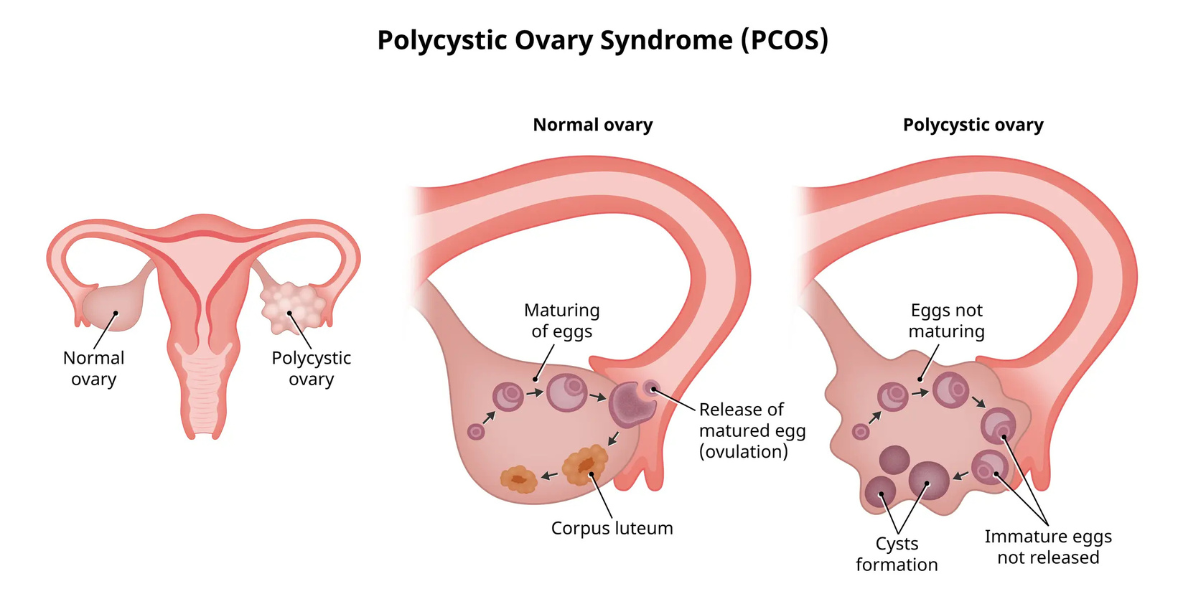
The Science Behind Sleep and Immunity
Sleep is often seen as a time for rest, but it’s also when your body repairs, regenerates, and strengthens its defense system. A good night’s sleep is essential for a strong immune system, while poor sleep can leave you vulnerable to infections, slow recovery, and even increase the risk of chronic diseases. Your immune system works like an army, constantly defending your body against harmful invaders like bacteria, viruses, and toxins. When you sleep, your body produces and releases essential immune cells and proteins that help fight infections and inflammation. Here’s how sleep directly impacts your immune health:
1. Sleep Helps Produce Immune Cells
During deep sleep, your body increases the production of cytokines, proteins that help regulate immune responses. These cytokines play a critical role in fighting infections and reducing inflammation. If you don’t get enough sleep, your body produces fewer protective cytokines, making you more susceptible to illnesses like the common cold or flu.
2. Sleep Strengthens Immune Memory
Your immune system has a “memory” that helps it recognize and respond to infections faster. When you sleep, your immune system strengthens this memory, improving its ability to fight off future infections. Lack of sleep can weaken this process, making it harder for your body to develop long-term immunity, even after vaccinations.
3. Poor Sleep Increases Inflammation
Chronic sleep deprivation can lead to increased levels of inflammatory markers in the body. While inflammation is a natural immune response, too much of it can contribute to health problems such as heart disease, diabetes, and autoimmune disorders. Quality sleep helps regulate inflammation and keeps your immune system balanced.
4. Sleep Helps with Recovery
If you’re already sick, your body needs more sleep to heal. Sleep promotes the release of growth hormones that aid in tissue repair and immune cell regeneration. That’s why you often feel more tired when you’re fighting an infection because your body is using energy to heal.
How Much Sleep Do You Need for a Strong Immune System?
The ideal amount of sleep varies by age, but in general adults of age 18-64 years require 7-9 hours per night. Older adults of age 65+ years require 7-8 hours per night. Teenagers of the age 14-17 years require 8-10 hours per night. Children of the age 6-13 years require 9-11 hours per night. Sleeping fewer than six hours per night on a regular basis can weaken your immune system and increase the risk of infections.
Tips to Improve Sleep and Boost Immunity
Go to bed and wake up at the same time every day, even on weekends. This helps regulate your body’s internal clock and improves sleep quality. Avoid screens (phones, TVs, laptops) at least an hour before bedtime, as blue light can disrupt melatonin production. Avoid caffeine and alcohol close to bedtime. Don’t eat heavy meals right before sleep. Stay hydrated but avoid excessive water intake before bed to reduce nighttime awakenings. Physical activity can help regulate sleep patterns, but avoid intense workouts right before bedtime, as they can increase alertness and make it harder to fall asleep. High stress levels can make it difficult to fall asleep so try regulating your stress by performing meditation, mindfulness and relaxation strategies.
Conclusion
Sleep is one of the most powerful tools for keeping your immune system strong. By prioritizing good sleep habits, you can improve your body’s ability to fight infections, recover faster, and stay healthy in the long run. If you frequently struggle with sleep, consider making lifestyle changes or consulting a healthcare professional for guidance. A well-rested body is a strong and resilient one.






